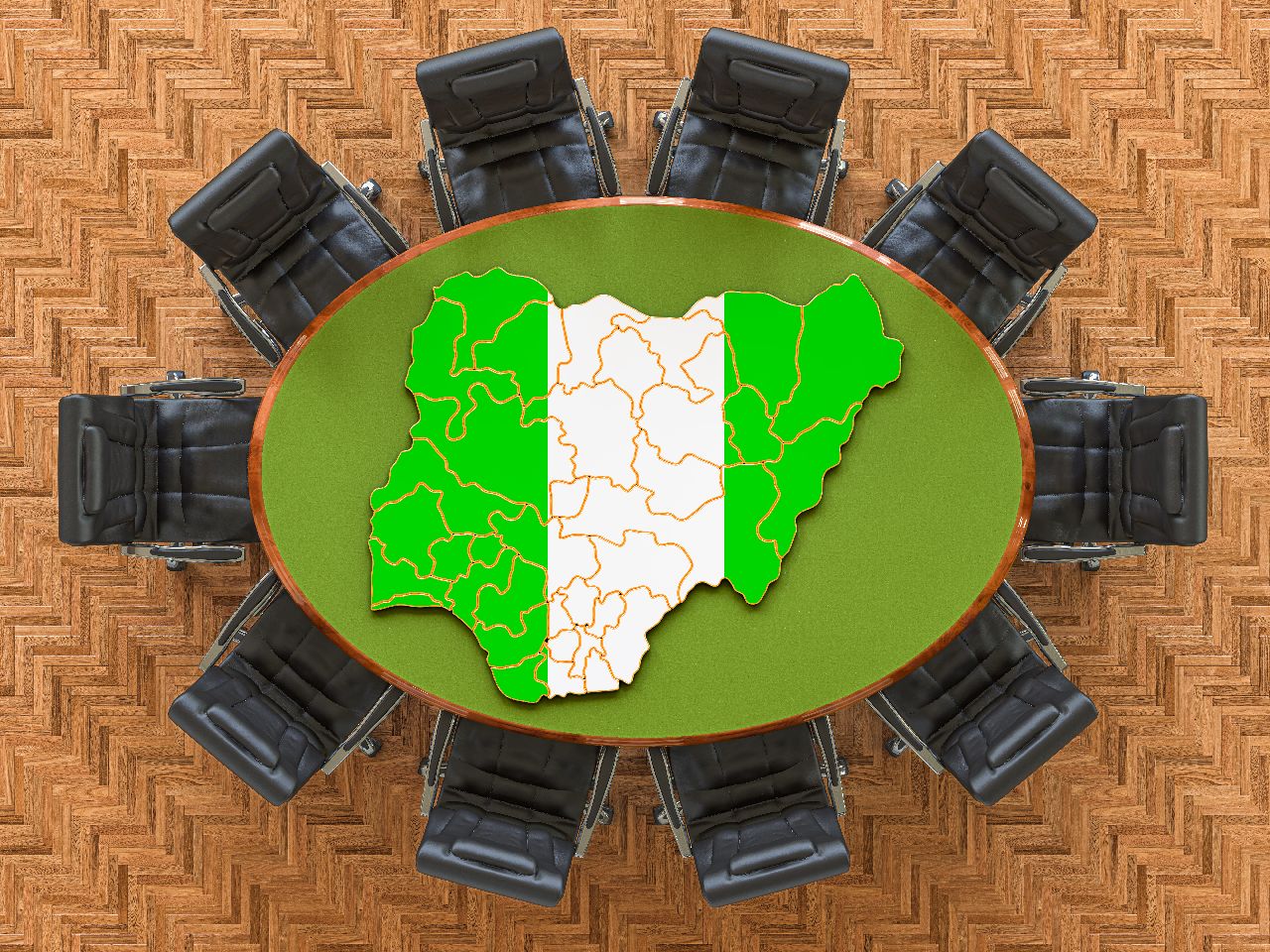Local Governments’ Peace Building Committees and Farmers-Pastoralists Conflicts in South-West Nigeria

with Dr. Gbeke Adebowale Adenuga
Department of Political Science, Federal University Oye Ekiti, Nigeria
Wednesday, October 25, 2023
at 14:15-15:45
Abstract
Conflicts between farmers and pastoralists have become, arguably, the greatest threat to the security and development of Nigeria, especially its South-western geo-political zone. In 2014, due to the devastating effects of their activities on lives and properties, marauding pastoralists in Nigeria were given the unenviable tag of the ‘fourth most dangerous group’ in the world. A study of literature on the conflicts reveals that, despite the three-tiered structure of Nigeria’s federal system, government’s responses are limited to federal and state governments’ interventions. Local Governments, the government nearest to the people and the locales of these conflicts, seem to have no voice in the literature. This is despite the existence of a peace building committee in every local government referred to as the Peace and Security Committee. Thus, the study was conducted to determine the challenges of the Peace and Security Committee in addressing farmers-pastoralists conflicts.
Nigeria’s South-western geo-political zone, comprising of six states including Ekiti, Lagos, Ogun, Ondo, Osun and Oyo states, was chosen as the study area of the phenomenon. The choice of the study area was influenced by its agrarian economy which makes it a major theater of conflicts between farmers and pastoralists, the sharp ethnic divide between the two antagonistic parties and growing secessionist sentiments arising from the conflicts. Major research focus was beamed on Local Governments in the three states of Ogun, Ondo and Oyo where the conflicts occur most frequently.
Findings revealed that the loss of autonomy for local governments has greatly contributed to the inability of the Peace and Security Committees to meet regularly to discuss and manage security issues. Ethno-political interests have also undermined the capacity of the Committees to address the conflicts while the placement of security on the exclusive list of the Federal Government has created disconnects between the leadership of Local Governments and security agencies in their jurisdictions. The complicity of security agents in the conflicts also remain a limiting factor for the Committees.
To increase the capacity of the Peace and Security Committees of Local Governments in Nigeria to effectively manage farmers-pastoralists in the country, the study recommended constitutional reviews to ensure greater autonomy for the local government system and the delisting of security from the exclusive list to a new concurrent list with Local Governments as active partners. Good governance, which eschews ethnic politics, should also be vigorously pursued in order to ensure sustainable peace, security and development in the country.
A Brief Profile of Gbeke Adebowale Adenuga (PhD)
Gbeke Adebowale Adenuga obtained the Bachelor of Science (B.Sc.) and the Master of Science (M. Sc.) in Political Science from the University of Ibadan, Nigeria in 2000 and 2003 respectively. He bagged the Doctor of Philosophy (PhD) in Political Science, with International Relations as his area of specialization, from the Babcock University, Ilishan-Remo, Nigeria in 2019. He was the Head of the Department of Political Science, Tai Solarin College of Education, Omu-Ijebu, Nigeria between 2014 and 2019. He also served as the Sub-Dean, School of Arts and Social Sciences, Tai Solarin College of Education, Omu-Ijebu, Nigeria between 2019 and 2020. At present, he is a Lecturer in the Department of Political Science, Federal University Oye Ekiti, Nigeria. He has published in many local and international journals. His research interests include soft power diplomacy, democratic studies and comparative politics. His latest published article (2023) is titled ‘Ethno-religious conflicts and the challenges of national security in Nigeria’s Fourth Republic’ in the South African Review of Sociology, 53(2), 1-20.



